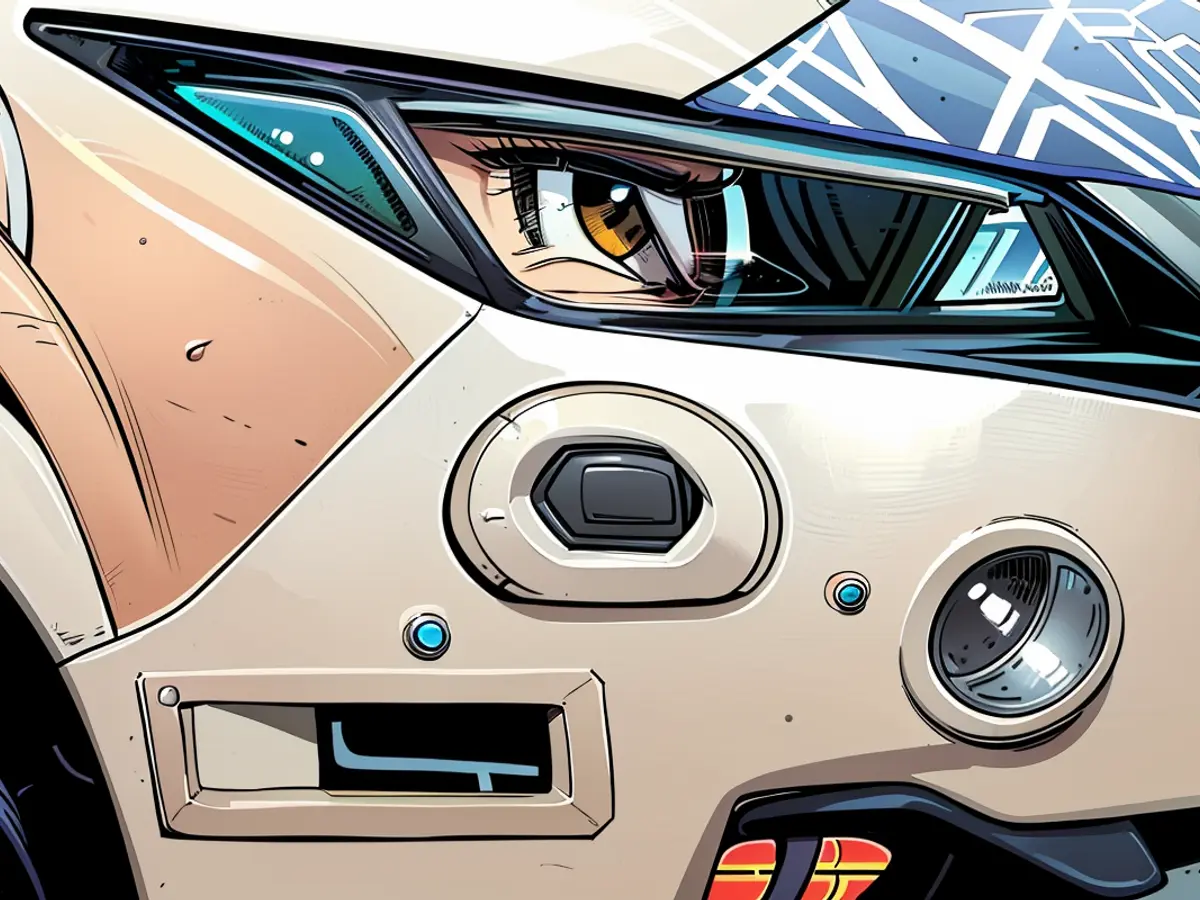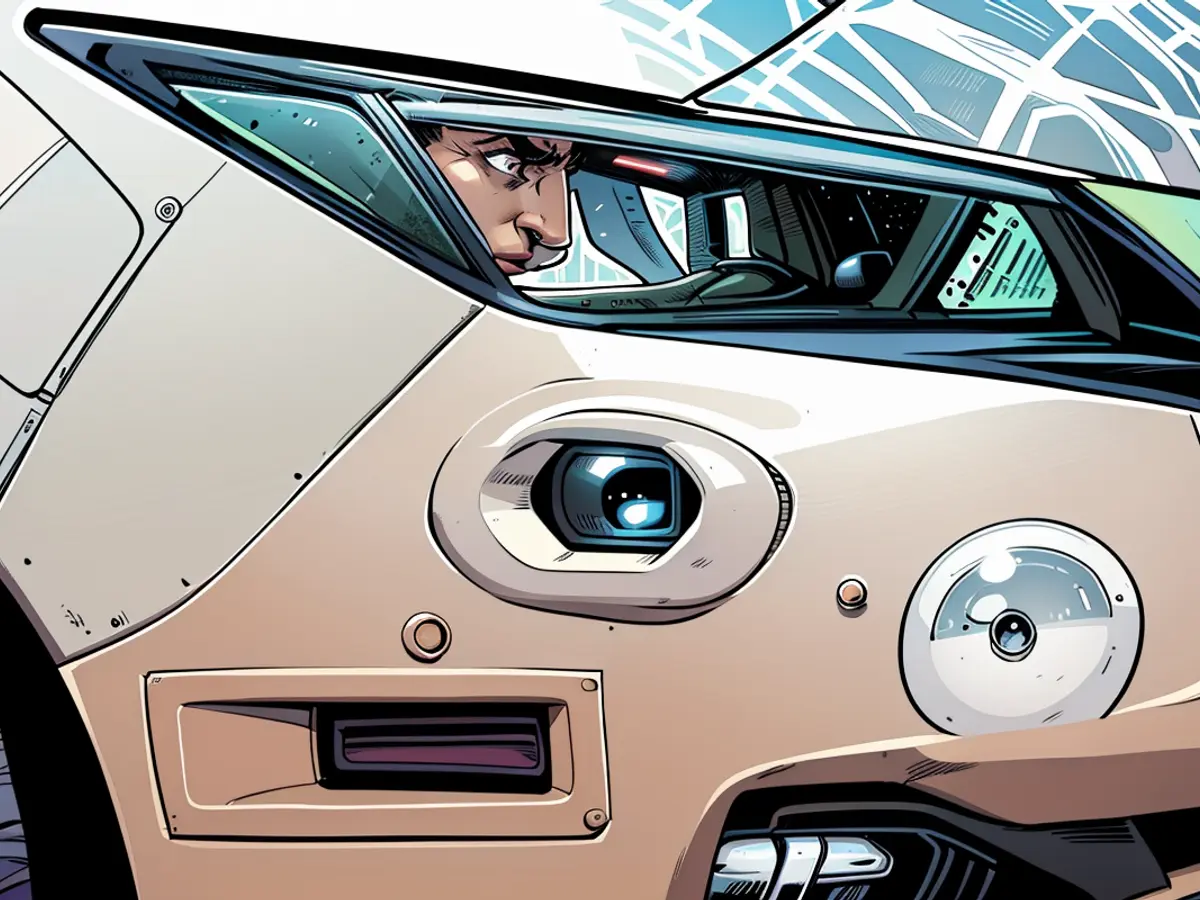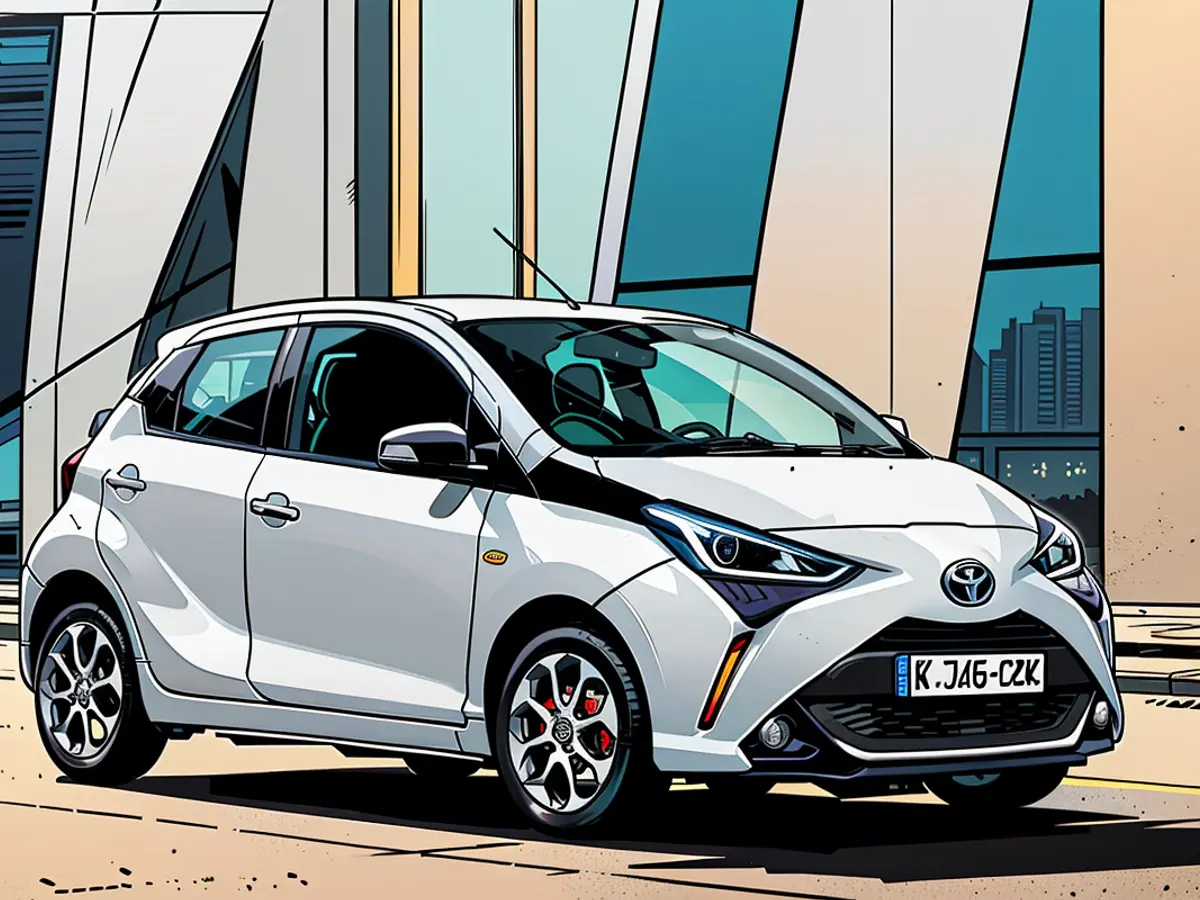The trajectory shifts towards rapid battery charging, not all sectors reap the advantages
Rapid Growth of Electric Vehicle Charging Stations - Particularly Fast Chargers. Not Every Group of Customer Enjoys This Expansion.
Can you find a charging station at every street corner in Germany? The trend is shifting towards fewer but quicker charging points located along highways. As per data from the Federal Network Agency, over 27% of the approximately 145,000 active charging points in Germany currently are fast chargers, a significant increase from 13.6% in 2020.
The appeal of having a charging point nearby your home seems to be decreasing. Operators are now focusing more on fast charging stations in parking lots and shopping centers, as well as rest areas and other central locations. While installing direct current chargers is more expensive, they can fill an electric vehicle's battery up to 30 times faster, potentially leading to higher electricity turnover due to increased vehicle traffic.
Many electric mobility providers - the providers of charging cards and apps - find fast chargers appealing as they are primarily used by frequent drivers who consume larger amounts of electricity. For instance, Mercedes' charging service "Me Charge" has increased the number of HPC fast charging points in its roaming network by 55% since the beginning of the year. In the same period, the number of normal chargers only increased by 31%. Overall, the Swabians have now integrated around 250,000 HPC charging points worldwide.
A Two-Sided Coin
For customers, the shift towards rapid charging can be both a blessing and a curse. Those who don't have their own wallbox and mainly drive in the city may not reap the benefits of fast chargers, which are typically installed outside urban areas. However, frequent long-distance drivers can significantly benefit from them compared to slower normal chargers.
The prices for fast and slow chargers are now approaching parity. While charging at a DC station was more expensive than at an AC charger until recently, many providers now charge the same price per kWh for both types of electricity. With increasing competition among fast charging locations, it is also possible that these costs remain below those of normal chargers permanently.
However, frequent rapid charging can put a considerable strain on the battery. The extent of this impact is debated and likely depends on the manufacturer. Some car brands currently reduce the battery warranty for "excessive" fast charging. Therefore, owners of such models should not rely solely on public fast charging. Those who always charge publicly should pay close attention to the warranty conditions.
Despite the proliferation of charging stations for electric cars in Germany, you might not find one at every street corner. Instead, operators are focusing on installing fast charging stations in strategic locations such as parking lots, shopping centers, and rest areas.
The convenience of having a fast charging station for electric cars nearby is particularly appealing to frequent drivers, who consume larger amounts of electricity and benefit greatly from the quicker charging times.








